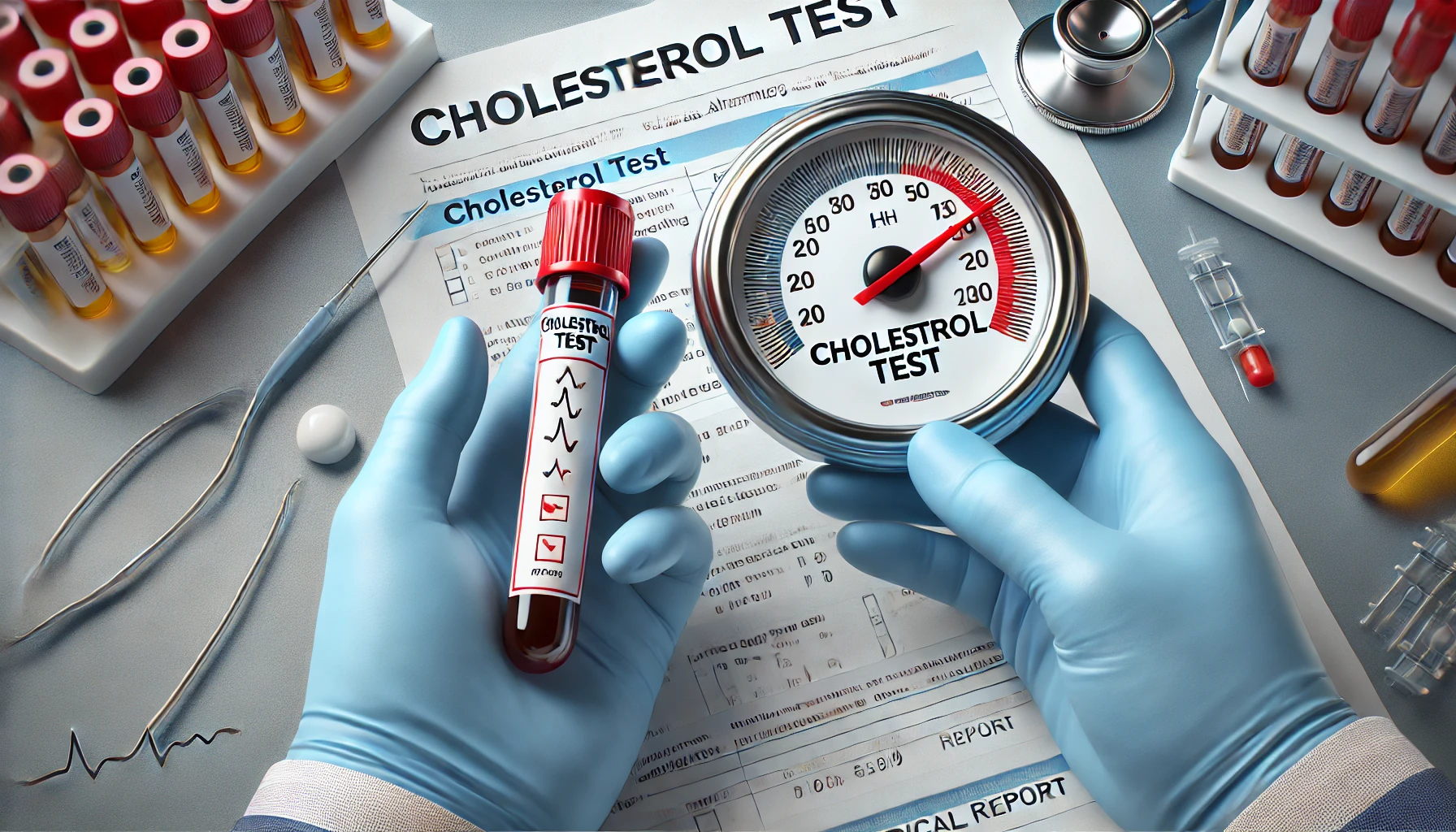Check out this answer from Consensus:
HDL cholesterol plays a crucial role in cardiovascular health through its involvement in reverse cholesterol transport and its anti-inflammatory, antioxidant, and anti-thrombotic properties. However, the clinical significance of HDL-C levels can vary depending on individual health conditions. Future research should focus on understanding the functional aspects of HDL and its role in disease prevention and treatment.
High-density lipoprotein cholesterol (HDL-C) is often referred to as “good cholesterol” due to its protective role against cardiovascular diseases (CVD). This article explores the multifaceted roles of HDL-C, its clinical relevance, and its impact on health.
The Role of HDL Cholesterol in Cardiovascular Health
HDL cholesterol is known for its ability to protect against atherosclerosis, a condition characterized by the buildup of fats, cholesterol, and other substances in and on the artery walls. HDL promotes the efflux of cholesterol from cells and facilitates its transport to the liver for excretion, a process known as reverse cholesterol transport (RCT)4 5 6. This mechanism helps reduce the accumulation of cholesterol in arterial walls, thereby decreasing the risk of cardiovascular events.
Protective Functions of HDL
HDL cholesterol is not only involved in cholesterol transport but also exhibits several other protective functions. These include anti-inflammatory, antioxidant, and anti-thrombotic properties, which further enhance its atheroprotective role4 5. For instance, HDL can reduce oxidative stress and inflammation, both of which are key contributors to the development of atherosclerosis.
Clinical Relevance and Controversies
While HDL-C is generally considered beneficial, recent research suggests that its protective effects may not be universal. For example, low HDL-C levels are strongly associated with an increased risk of cardiovascular events in healthy individuals, but this relationship may not hold in patients with metabolic disorders or existing cardiovascular disease3 8. Additionally, extremely high levels of HDL-C do not necessarily confer additional cardiovascular protection and may even be harmful in some cases8.
HDL Cholesterol and Autoimmune Diseases
Interestingly, low levels of HDL-C have also been linked to a higher risk of autoimmune diseases. Studies have shown that individuals with lower HDL-C levels are more likely to develop autoimmune conditions, suggesting that HDL may play a role in normal immune function2.
HDL Cholesterol Efflux Capacity
Recent studies have highlighted the importance of HDL cholesterol efflux capacity—the ability of HDL to accept cholesterol from macrophages—as a more relevant biomarker for cardiovascular risk than HDL-C levels alone. Higher cholesterol efflux capacity is associated with a reduced risk of cardiovascular events, independent of HDL-C levels9 10.
Trends and Recommendations
National trends indicate that while total cholesterol levels have shown heterogeneous changes, HDL-C levels have generally increased in many Western countries, Japan, and South Korea. This increase in HDL-C is associated with a decline in the total-to-HDL cholesterol ratio, which correlates with a reduced risk of coronary heart disease7. Lifestyle changes such as smoking cessation and physical exercise are recommended to increase HDL-C levels and improve cardiovascular health3.
